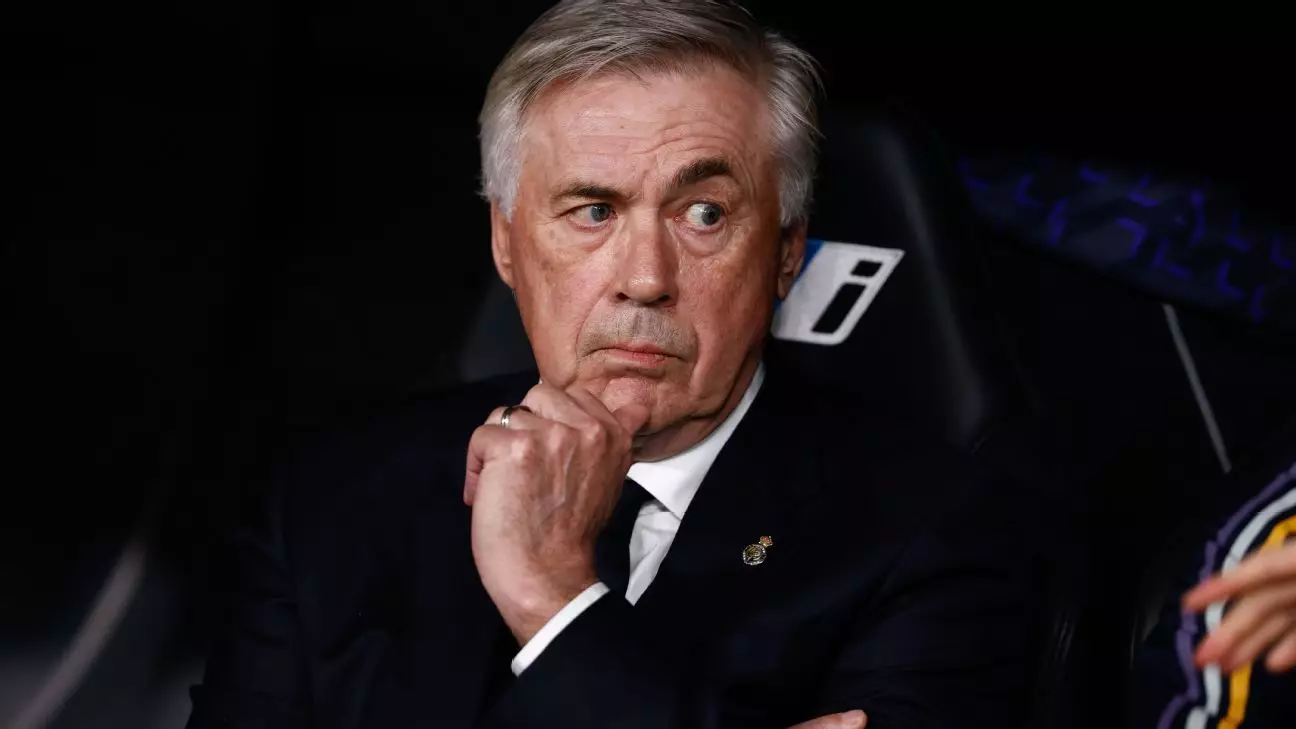Real Madrid has recently been embroiled in controversy following claims that the club was planning to refuse participation in FIFA’s newly expanded Club World Cup tournament next summer. Coach Carlo Ancelotti’s comments in an interview with the Italian newspaper Il Giornale seemed to suggest that Madrid would not be taking part in the revamped 32-team competition, which is scheduled to be held in the United States in June and July 2025.
However, Madrid quickly released a statement denying these claims and reaffirming their commitment to participating in the Club World Cup. The club made it clear that their involvement in the tournament had never been in question, despite Ancelotti’s initial remarks. The club expressed their excitement at the prospect of competing in the competition and emphasized their dedication to making their fans around the world proud.
Following the backlash from Madrid’s statement, Ancelotti took to social media to clarify his position. He explained that his comments had been misinterpreted and stressed that he saw the Club World Cup as a great opportunity for Real Madrid to continue competing for major trophies. Ancelotti expressed his interest in taking part in the tournament and dismissed any notion of rejecting the opportunity to play.
The controversial nature of the Club World Cup’s new format has sparked criticism from various quarters, including domestic leagues and players’ unions. The tournament, set to feature 32 teams from around the world, has faced backlash over concerns of player workload and scheduling conflicts with domestic competitions. Despite these criticisms, FIFA President Gianni Infantino has defended the tournament, arguing that FIFA’s involvement in organizing the competition only represents a small percentage of games played by top clubs and national teams worldwide.
The revamped Club World Cup format, with its expanded number of participating teams and new pathways for qualification, has raised questions about the potential impact on clubs and players. With more matches added to the schedule and increased travel demands, concerns have been raised about player fitness and the strain on football clubs already facing a congested calendar. The debate over the tournament’s structure and its implications for the global football landscape continues to garner attention and scrutiny.
The Real Madrid controversy over their participation in FIFA’s Club World Cup highlights the complexities and challenges associated with international football competitions. As clubs and players navigate the demands of competing at the highest level, discussions around tournament formats, scheduling, and player welfare remain ongoing. The Club World Cup serves as a microcosm of the broader issues facing the sport and the need for thoughtful consideration of the impact of new initiatives on all stakeholders involved.

